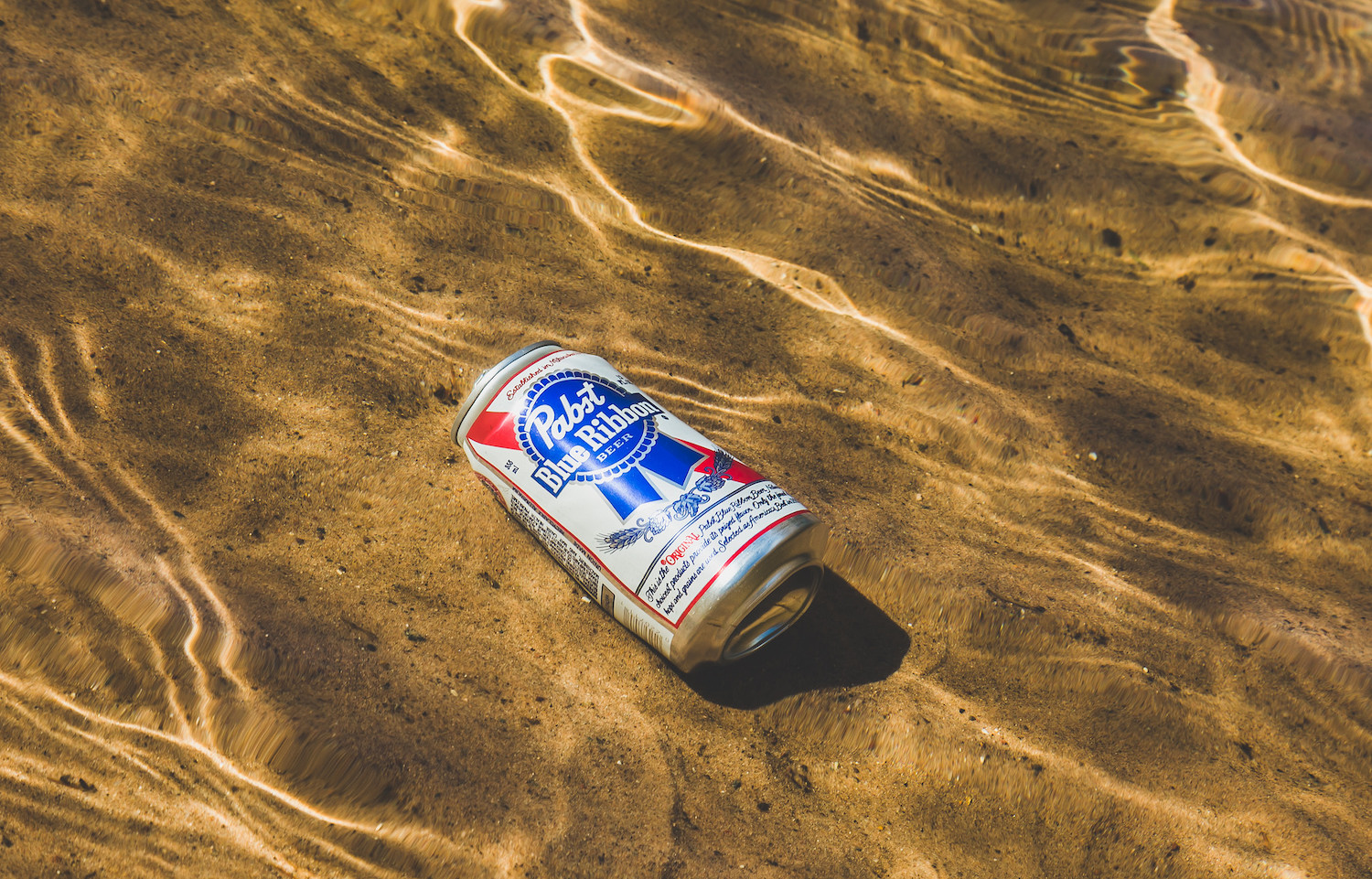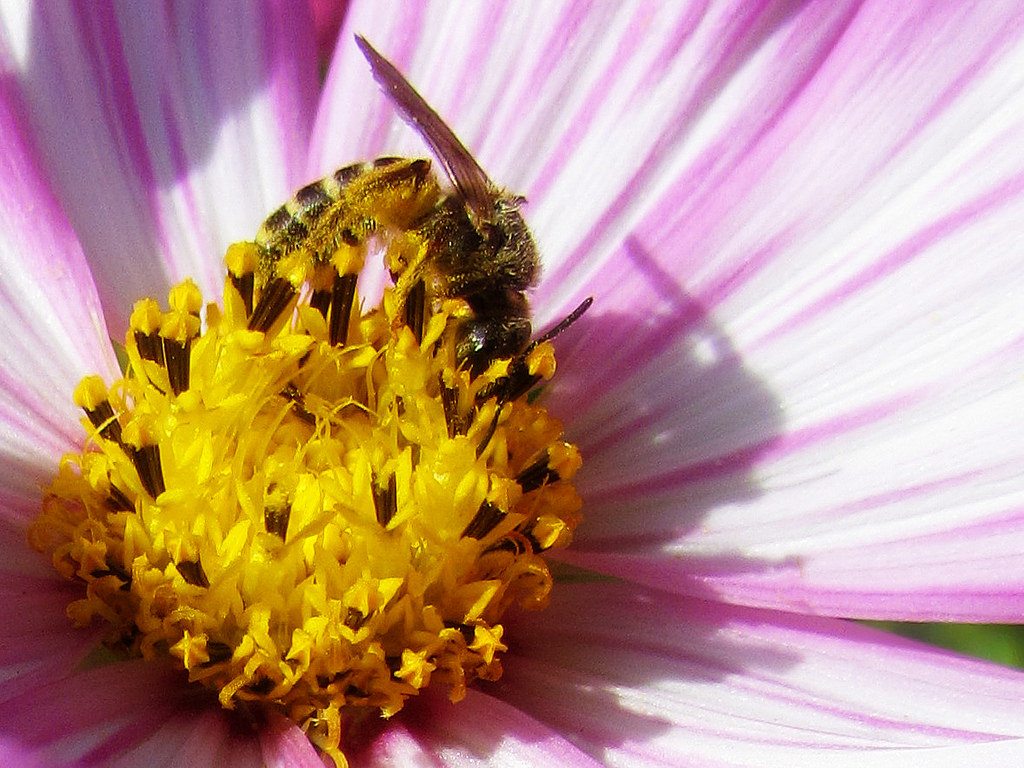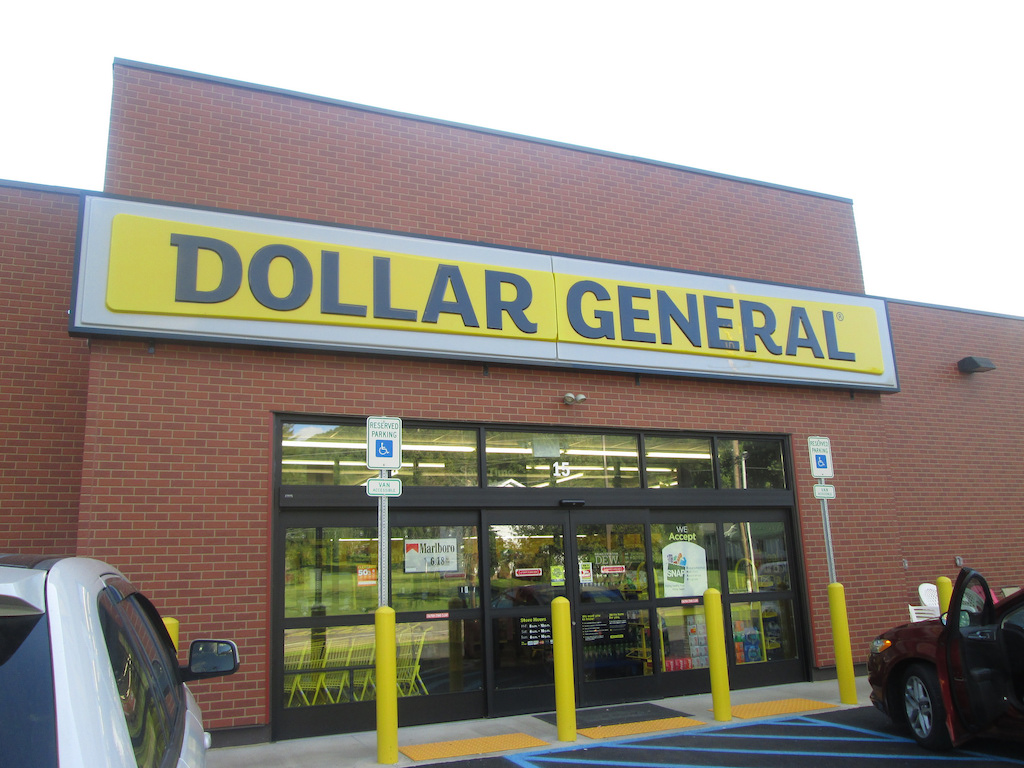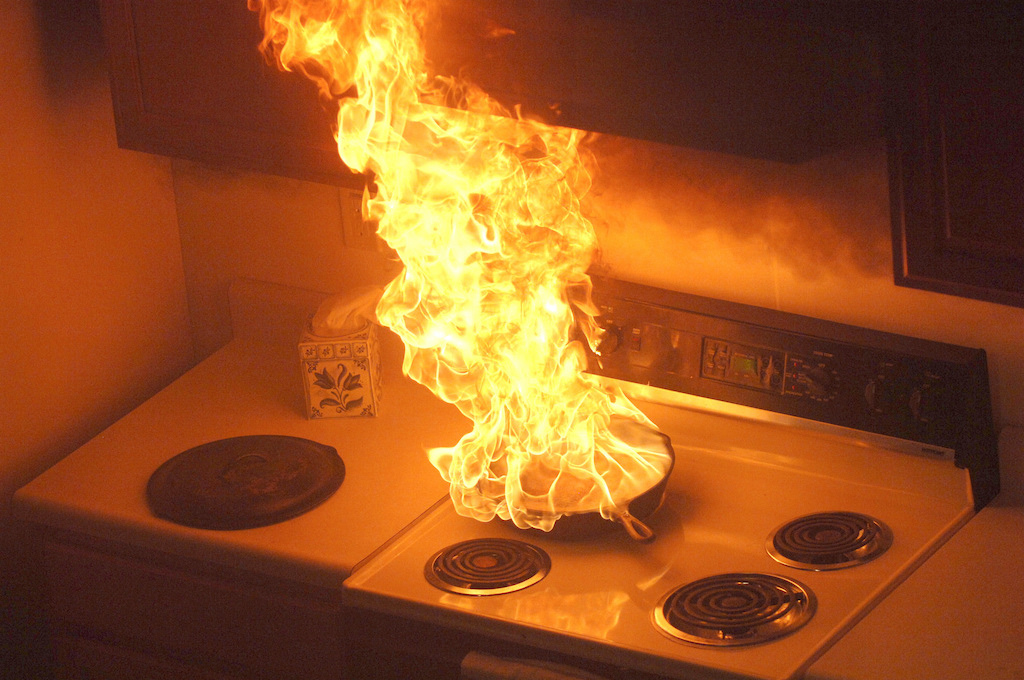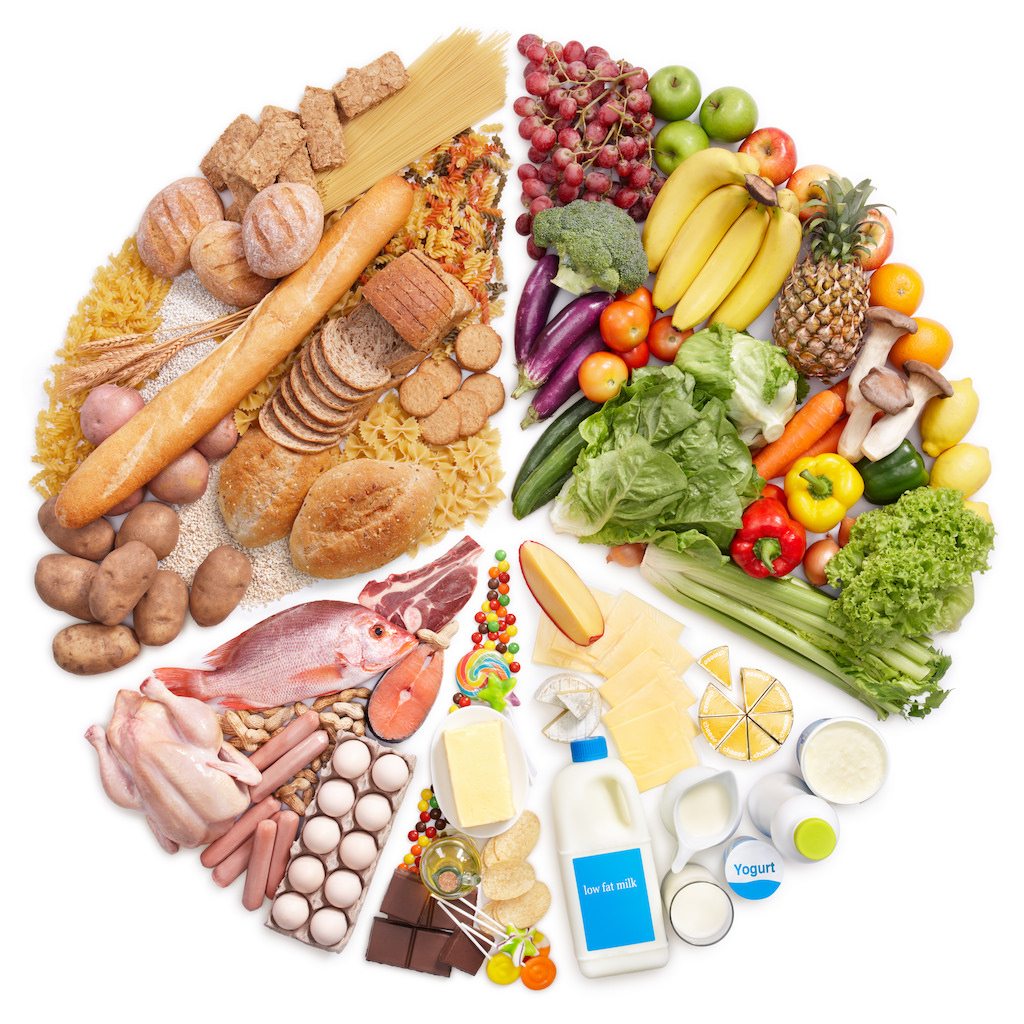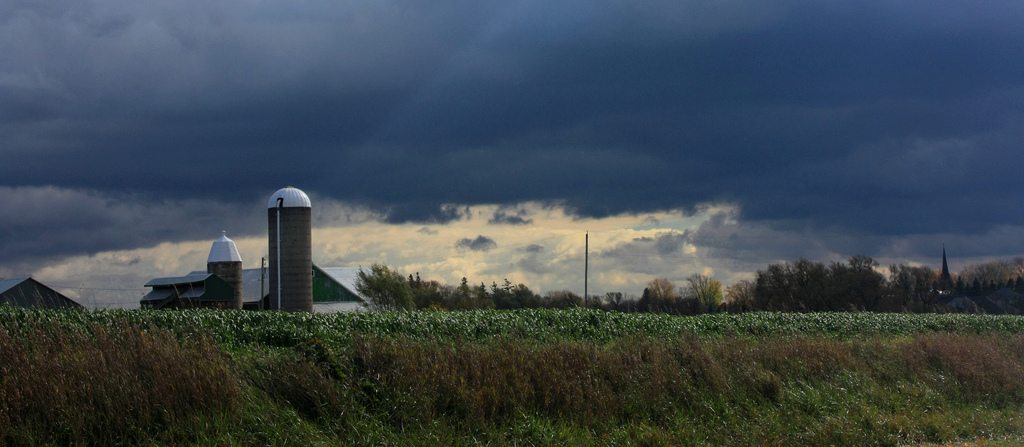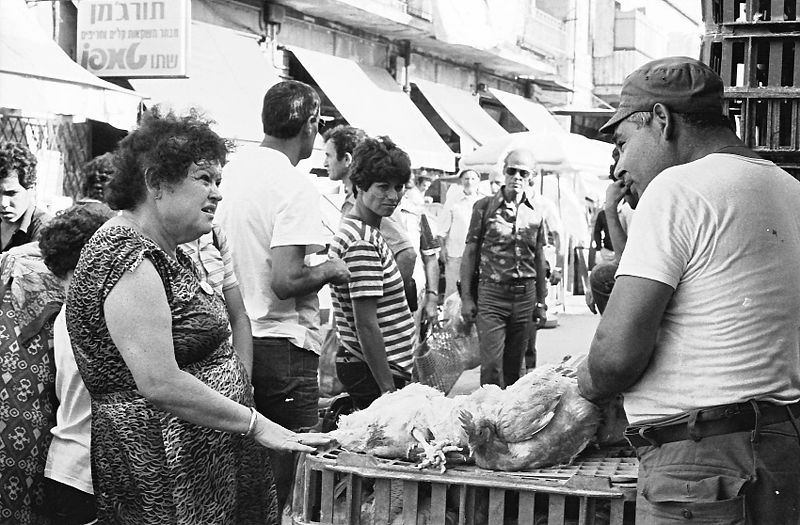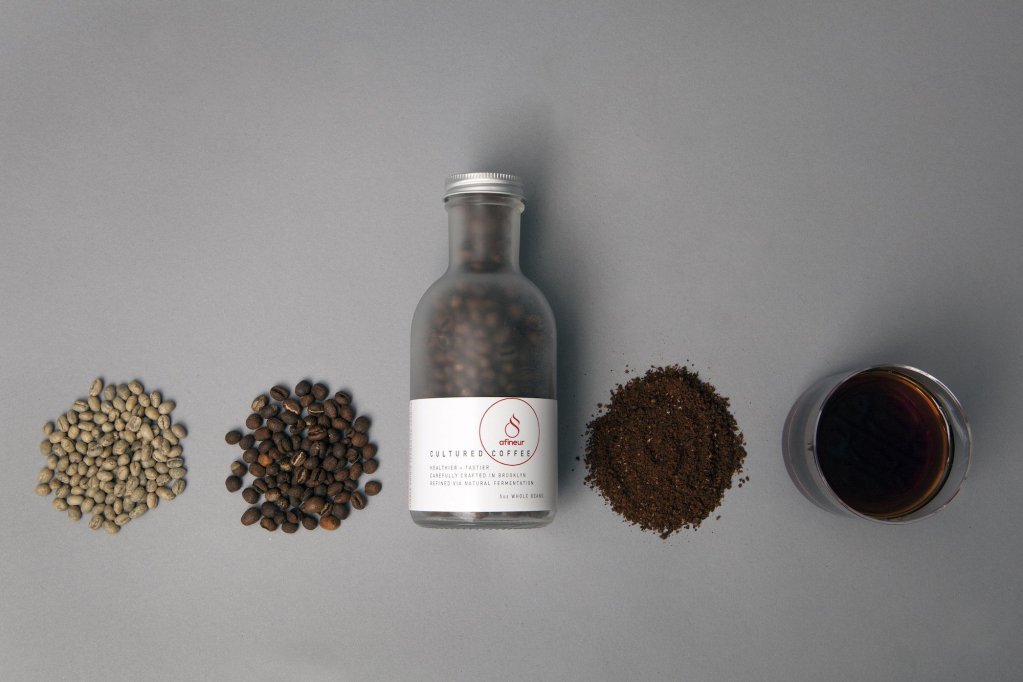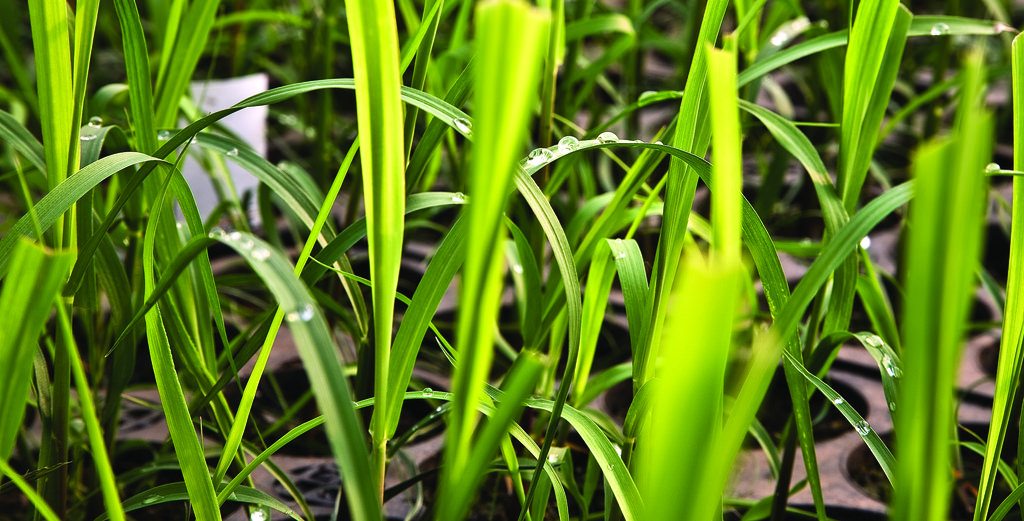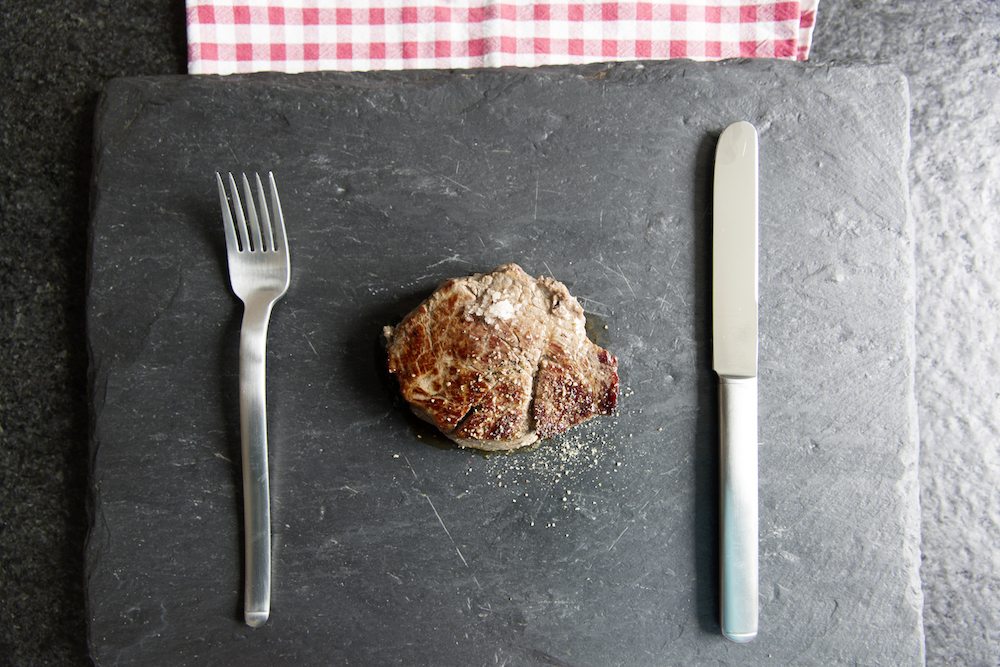This is the web version of a list we publish twice-weekly in our newsletter. It comprises the most noteworthy food stories of the moment, selected by our editors. Get it first here.
Pabst blues. Monday marked the beginning of a court battle that will decide the fate of Pabst Blue Ribbon, the best of the cheap beers. NBC reports that, PBR is brewed by MillerCoors—the country’s second-largest brewer—under an agreement that expires in 2020, and now the big guy insists it doesn’t have the capacity to continue brewing Pabst and its other “legacy beers,” which include Lone Star, Old Milwaukee, and Natty Boh. In response, Pabst alleges in a lawsuit that MillerCoors is just trying to live the high life (heh) by driving it out of business and getting rid of a competitor in the process. A jury in Milwaukee will be hearing the trial until the end of the month. If the two companies can’t work it out, Pabst will likely cease brewing operations. It’s an outcome the Champagne of Beers would surely toast, but we’ll be pouring one out for PBR.
7-Eleven, eighty-sixed. This is a truly insane story that slipped under the radar this week: 7-Eleven has been at war with its franchisees for years, using all sorts of tactics (think tailing people in unmarked vehicles) in an effort to purge store owners it considers “underperformers and troublemakers,”Bloomberg Businessweek reports. Now, the company is using a new tactic to undermine its own stores—reporting franchisees to immigration authorities.
Dicamba grift. Before approving dicamba, the controversial weedkiller that can “drift” from one farm to the next with disastrous consequences, the Environmental Protection Agency (EPA) ignored warnings from scientists, according to a new investigation from FERN and Reveal. Scientists estimate dicamba damaged nearly 5 million acres of soybeans in 2017 and 2018.
Trump whines. President Trump took on the French wine industry via Twitter on Tuesday morning, complaining that “France makes it very hard for the U.S. to sell its wines into France, and charges big Tariffs, whereas the U.S. makes it easy for French wines, and charges very small Tariffs. Not fair, must change!” New York Times wine critic Eric Asimov responded calmly, also on Twitter: “It’s a matter of tradition and taste more than tariffs,” he wrote at the end of a short thread.
